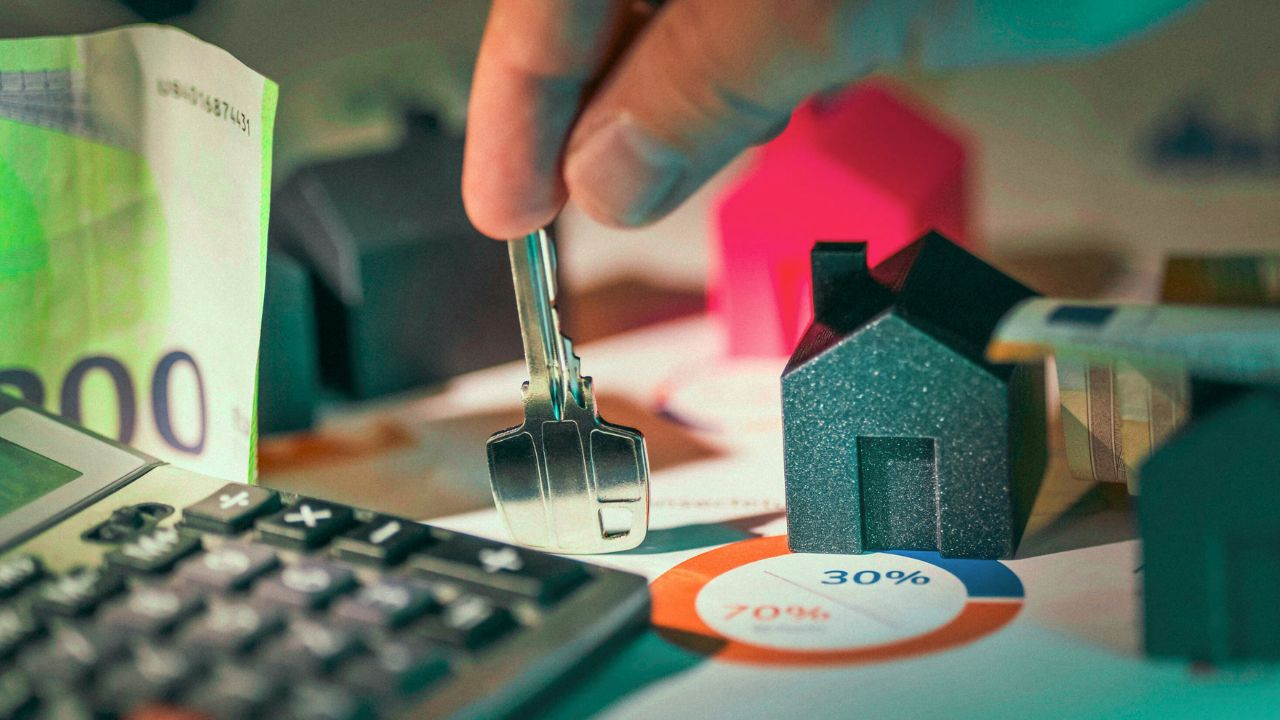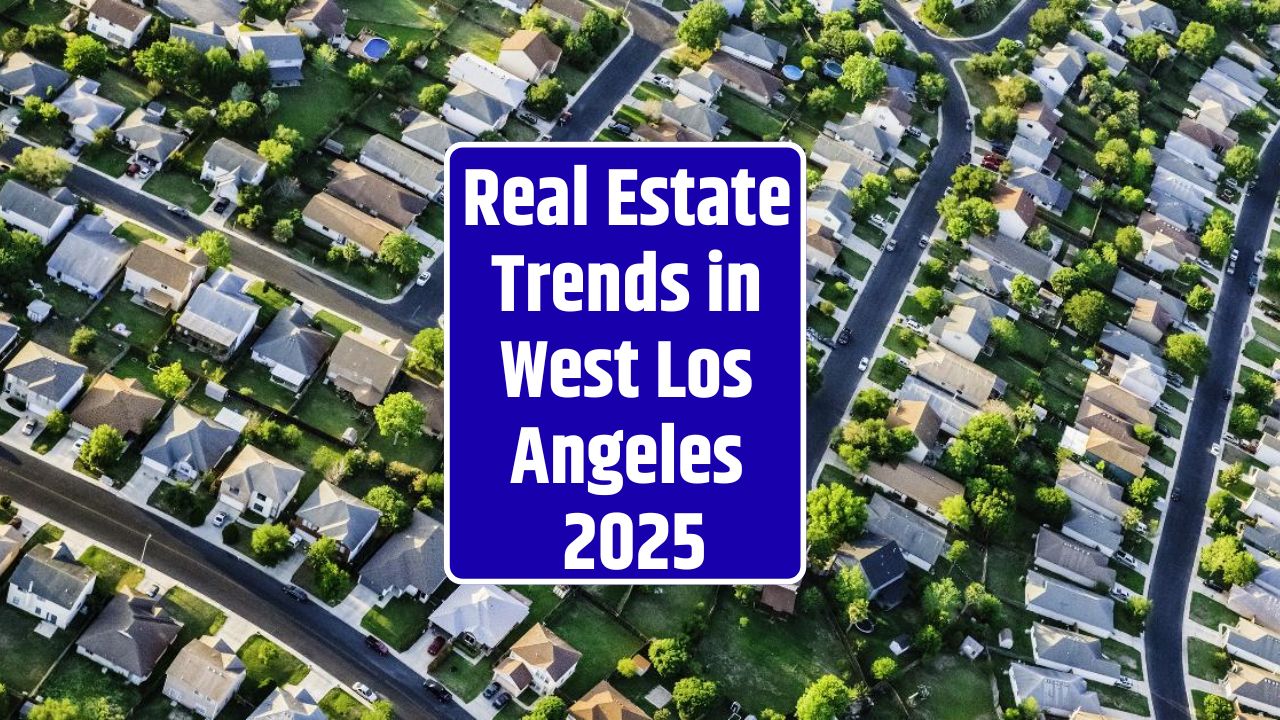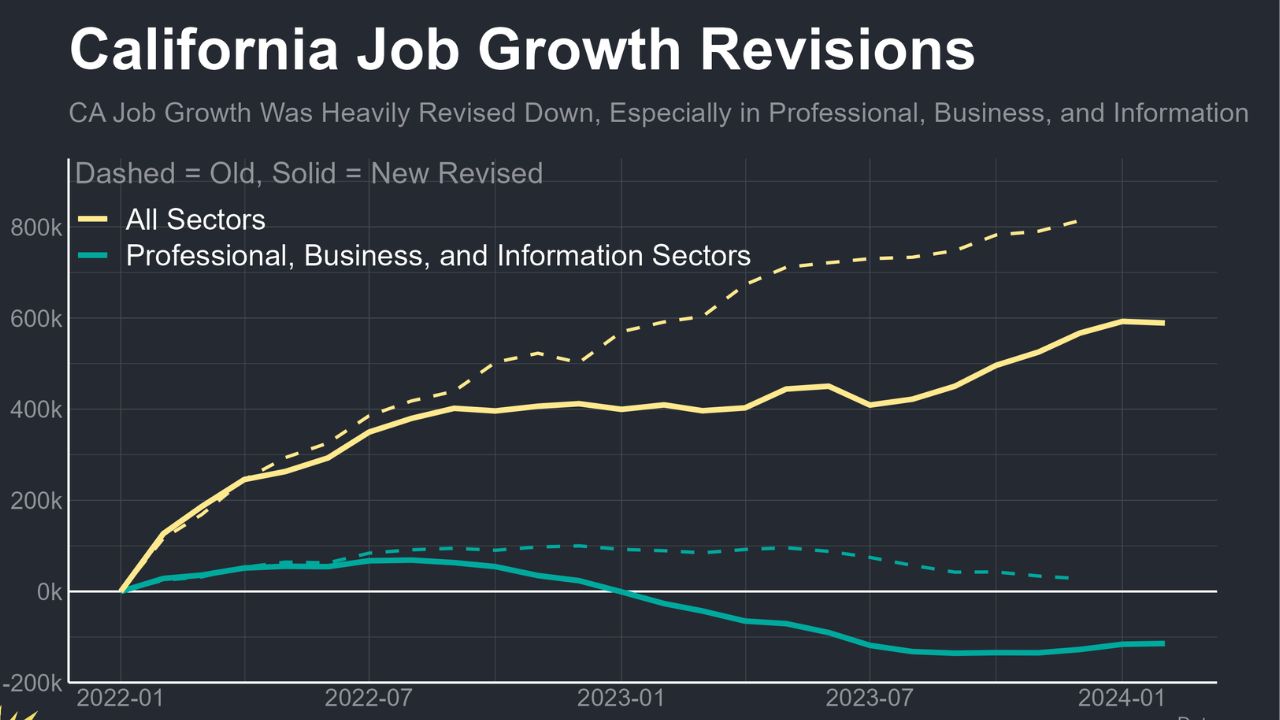Los Angeles in 2025 is buzzing again—only this time, the gold rush isn’t for film or fame. It’s for smart capital. Between a tech rebound, real estate shifts, and a surge in sustainable infrastructure, the city’s economy has evolved into a mosaic of new opportunities that blend innovation with urban resilience. Investors who understand LA’s shifting identity—half startup hub, half climate lab—stand to win big.
Here’s a breakdown of the best investment opportunities in Los Angeles for 2025, spanning real estate, startups, sustainability, and community-driven growth.
1. Affordable and Mixed-Use Real Estate Development
LA’s housing crunch isn’t going anywhere, and investors who lean into adaptive reuse—turning old office buildings or retail spaces into residential or mixed-use units—are positioned for strong returns.
The City of Los Angeles Housing Department has pushed new incentives for developers converting underutilized properties into multi-family or affordable housing units (lahousing.lacity.org).
Key growth areas:
- Downtown LA’s adaptive reuse corridor (old commercial to live/work spaces)
- Koreatown and Mid-City for small-scale multifamily developments
- South LA and Inglewood, buoyed by SoFi Stadium and Metro expansion
Why it matters: LA’s zoning reform (via the Housing Element Update and Measure ULA initiatives) opens doors for smaller investors to co-develop and participate in housing projects without mega-corporate backing.
Projected ROI: 7–12% annually with rent stabilization
2. Clean Energy and Climate Tech
California’s climate transition goals are fueling a new wave of investment in renewable infrastructure and green startups. The California Energy Commission and GO-Biz offer generous tax credits for EV tech, clean energy storage, and microgrid solutions (business.ca.gov).
In LA, the focus is hyperlocal:
- Solar retrofits for commercial buildings and multi-family complexes
- EV charging infrastructure—especially in parking-limited urban neighborhoods
- Green construction startups, like CarbonBuilt (UCLA spinout), developing carbon-negative concrete
Why it matters: Between state incentives and investor ESG mandates, sustainable infrastructure has moved from “ethical” to “profitable.”
Projected ROI: 10–20%+ with federal/state rebates
3. Creative Economy 2.0 – Content Meets AI
Hollywood’s back, but it looks different. AI-assisted production tools, virtual studios, and post-strike indie creators are redefining how content is made.
Investors are funding hybrid models—part creative agency, part tech startup. Look at small studios building proprietary AI editing platforms or influencer-driven content networks leveraging Web3 royalties for creator financing.
Hot sectors:
- Virtual production tech (think Mandalorian-style LED soundstages)
- AI content editing and localization software
- Creator monetization tools
Why it matters: The 2023-24 Hollywood labor disputes accelerated automation—but also democratized production. LA’s creative-tech fusion is now an exportable industry.
Projected ROI: 12–25% (early-stage venture or angel level)
4. Healthtech and Longevity Startups
LA’s biomedical and wellness sectors are merging fast, turning the city into a hub for “preventive health capitalism.” Investors are targeting biotech-lite startups that merge healthcare with data analytics, telehealth, or longevity medicine.
Supported by UCLA, Cedars-Sinai, and the BioLA initiative (biola.org), 2025 trends include:
- Wearable health monitoring tech
- Longevity clinics using AI-driven diagnostics
- Women’s health startups (funding in this niche rose 40% YOY)
Why it matters: LA’s wellness culture and medical R&D base make it a natural testing ground for scalable health innovation.
Projected ROI: 15–30% (venture stage, Series A–B)
5. Transit-Oriented Commercial Real Estate
As LA’s Metro expansion continues through 2028 (ahead of the Olympics), commercial spaces near new stops are appreciating rapidly. Transit-oriented developments (TODs) are especially attractive for mixed-use retail or co-living concepts.
Key zones:
- Crenshaw/LAX Line: ideal for retail and logistics hubs
- Purple (D Line) Extension: new mixed-use growth near Wilshire/La Brea and Beverly Hills
- West Santa Monica Blvd corridor: expected 20% property value increase by 2027
Why it matters: LA’s decades-long car dependency is finally shifting. Investors who position early near transit lines lock in long-term value.
Projected ROI: 8–14% annually
6. Small Business Equity and Local Franchises
Post-pandemic, local consumer behavior in LA has leaned hyperlocal—favoring small businesses, neighborhood restaurants, and service-based franchises. Investing in community-rooted enterprises or franchise partnerships offers consistent, moderate returns with tax benefits.
High-performing niches:
- Boutique fitness studios (Pilates, recovery, and wellness hybrids)
- Plant-based quick-service restaurants
- Mobile grooming, pet care, and delivery services
Check the California Small Business Finance Center (ibank.ca.gov) for low-interest capital or co-investment programs supporting minority- and women-owned ventures.
Projected ROI: 6–10% (steady cash flow; lower volatility)
7. Water Conservation and Urban Agriculture
Climate-conscious investing has a local flavor here: urban farming, greywater systems, and hydroponic tech are booming under LA’s sustainability initiatives. Startups like Plenty and Bowery are expanding into Southern California, while small investors can fund microfarms or co-op gardens on underutilized land.
Why it matters: With ongoing drought mitigation plans, the LA City Council and LADWP are incentivizing sustainable irrigation and water reuse tech (ladwp.com).
Projected ROI: 8–15% (mix of tax credits + direct-to-market produce sales)
8. Angel & Venture Investments in AI, Mobility, and Robotics
2025 is the year of pragmatic AI—no longer hype, but applied problem-solving. LA’s startup ecosystem, particularly in El Segundo, Playa Vista (“Silicon Beach”), and Pasadena, has become fertile ground for early-stage investors.
Notable sectors:
- Robotics for logistics and warehouse automation
- AI-driven film and media production
- Drone delivery and aerial infrastructure startups
Venture platforms like Techstars LA and Expert Dojo in Santa Monica are still top feeders for early-stage investment rounds.
Projected ROI: Variable—high-risk, high-reward (potential 10x+ exit in 3–5 years)
Table: Snapshot of LA’s 2025 Investment Hotspots
| Sector | Risk | ROI Potential | Ideal Investor Type | Local Incentives |
|---|---|---|---|---|
| Affordable Housing | Medium | 7–12% | Developers, RE funds | Tax credits, Measure ULA |
| Clean Energy | Medium | 10–20% | ESG investors | GO-Biz credits, CEC grants |
| Creative Tech | High | 12–25% | Angels, VCs | CA Film Credit expansion |
| Healthtech | High | 15–30% | Venture capital | BioLA partnerships |
| Transit Real Estate | Low–Medium | 8–14% | Property investors | Metro expansion zones |
| Local Businesses | Low | 6–10% | Individuals, family offices | Small Biz Loan Guarantee |
| Urban Agriculture | Medium | 8–15% | Sustainability investors | LADWP rebates |
| AI/Robotics Startups | High | 10x+ | Angel investors | Innovation hubs, accelerators |
How to Invest Smart in LA’s 2025 Market
- Diversify locally. Mix tangible assets (real estate) with scalable tech exposure.
- Leverage incentives. LA’s sustainability and housing programs often stack state and federal credits.
- Watch zoning updates. City council reforms directly influence real estate and infrastructure values.
- Partner locally. Co-investing with LA-based funds gives insider access and reduces blind spots.
- Stay ESG-aware. Sustainability isn’t a buzzword anymore—it’s a financial filter for institutional capital.
FAQs:
What’s the safest investment in LA right now?
Transit-oriented real estate and affordable housing remain the most stable due to public demand and city incentives.
Which industries are growing fastest in LA?
Climate tech, creative AI startups, and health innovation sectors show the fastest post-2024 growth rates.
Are there tax breaks for sustainable investing?
Yes—California offers multiple rebates and credits for green energy, EV infrastructure, and water conservation projects.









